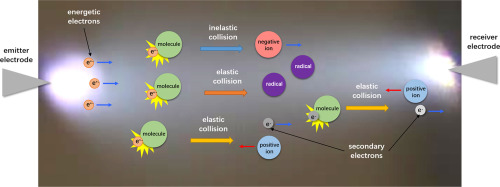
In recent times, the UK has been experiencing the shutdown or downsizing of numerous university chemistry departments, resulting in the formation of “cold spots,” where students are unable to study chemistry within a reasonable distance. The Royal Society of Chemistry (RSC) has pointed out the existence of these cold spots in areas like East Yorkshire and the Humber after the closure of the chemistry department at the University of Hull, as well as in North Wales after Bangor University ceased its chemistry offerings. With recent announcements of closures at the University of Bradford and course consolidation at Cardiff University, there is growing concern regarding the rising number of such cold spots.
The financial challenges confronting higher education institutions are commonly referenced as the main cause for these shutdowns. Decreases in funding and declining student enrollments, particularly from international students, have compelled universities to make tough choices. This situation has been particularly detrimental to chemistry departments, which typically demand more resources due to their laboratory needs.
Academia leaders and RSC members stress that these closures not only restrict student choices but also disproportionately impact students from lower socio-economic backgrounds who depend on local universities. There are calls for both national and local governments to take measures that guarantee chemistry education remains accessible, supporting regional economies and the broader national innovation agenda.
Moreover, businesses are increasingly struggling to attract skilled individuals in areas that require chemistry expertise. As the demand for such skills is expected to rise significantly, stakeholders underline the necessity of showcasing the diverse contributions and career prospects offered by chemistry education.
In this context, discussions at various levels are highlighting possible solutions such as shared resources and collaborative initiatives among universities to preserve chemistry education in regions that lack direct offerings. The RSC, together with industry leaders, is leading initiatives to promote chemistry’s vital role in technological progress, climate action, and environmental solutions to ensure continuous support for chemistry education throughout the UK.